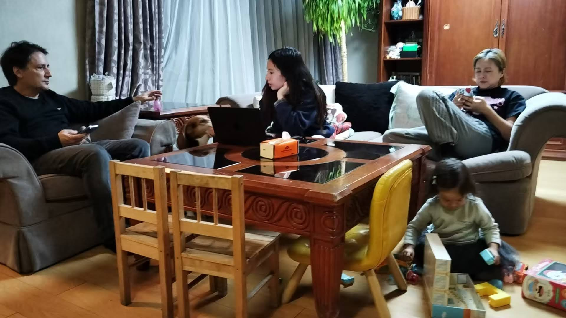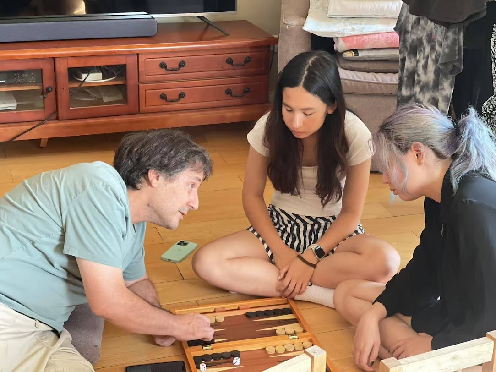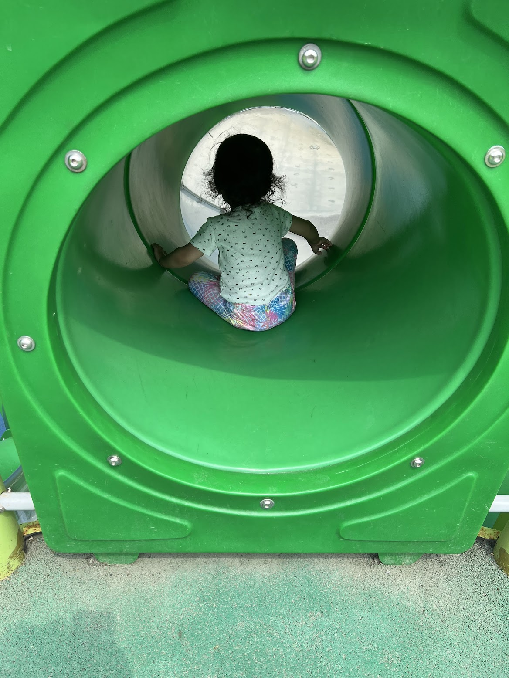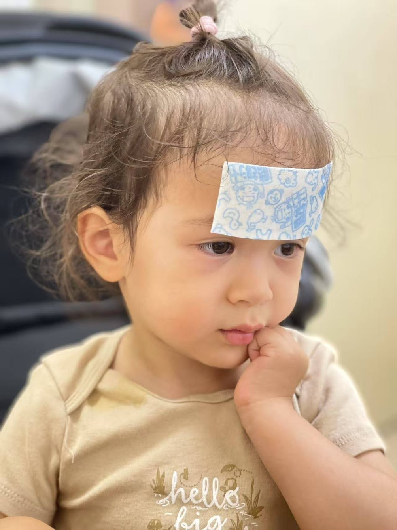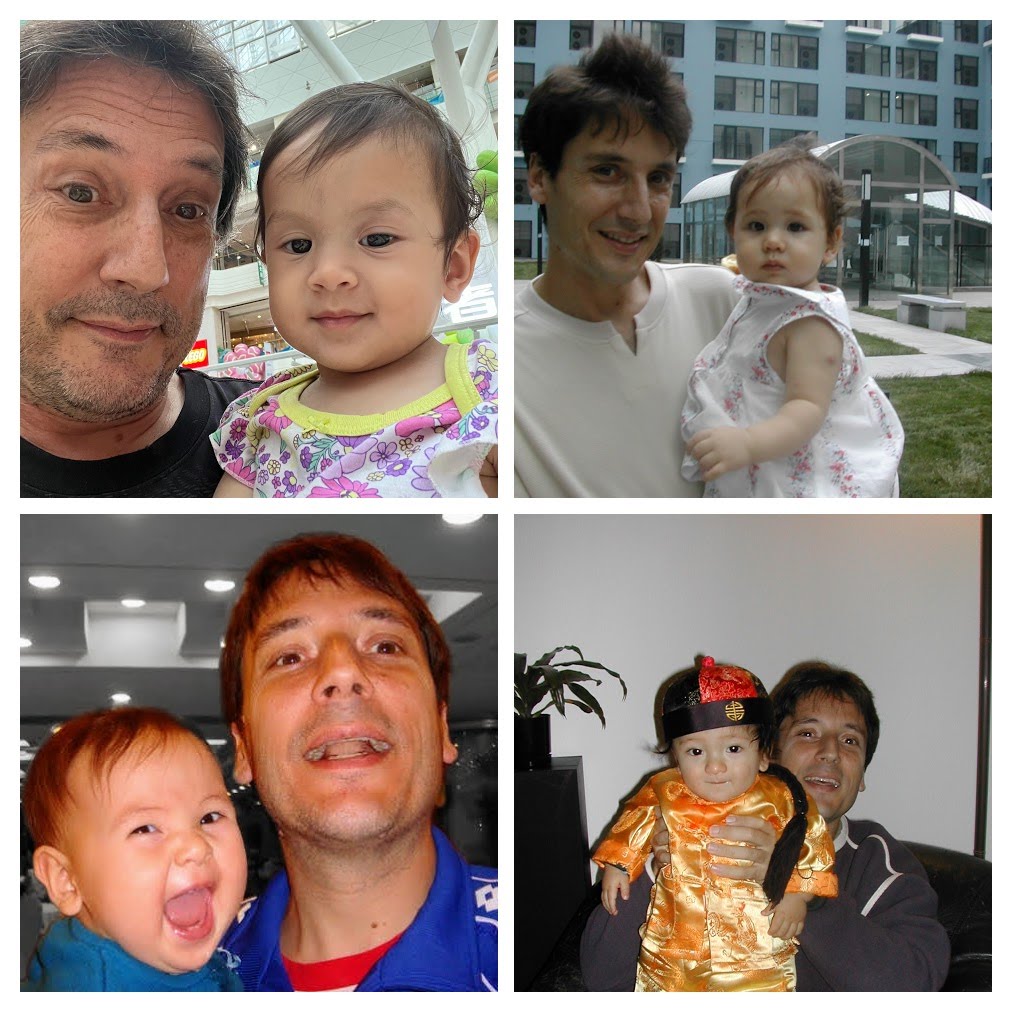Like a dove in each hand, the first week of August holds the birthday’s for my oldest daughters, Lydia and Elisa. Lydia turned 21 this year and Elisa turned 17. I am proud of them and love them more than any father deserves.
Today, we played backgammon. They had never heard of the game before I gave it to Elisa for her birthday. Instead of taking turns playing against me or each other, they decided to collaborate against me. Even though they just learned the rules, they crushed me. Must be the luck of the dice. Except they also crush me with the NYTimes connections, wordle, and mini crossword. It’s fun watching them collaborate; it’s as true of a collaboration as I’ve seen. Sometimes Lydia takes charge, sometimes Elisa has an insight, sometimes they just spin looking for the solution. I’ve always wanted to be collaborative, but in fact I’m not. At work, I used to joke that “let’s collaborate” means “do what I say”.
...
